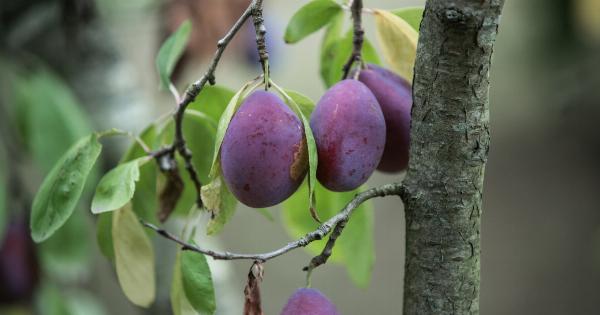Barley is an important crop in Mati, a city in the Davao Oriental province of the Philippines. It is grown by farmers for personal consumption, livestock feed, and sale in the local market.
However, there have been recent problems with barley crops in Mati, which have caused concern among farmers and the local government. This article will explore what is behind the barley problem in Mati and what can be done to address it.
Background
The barley problem in Mati has been going on for several years now. Barley plants have been observed to have stunted growth, yellowing leaves, and poor yield.
This has led to decreased income for farmers and reduced availability of barley in the local market. The problem has been attributed to several factors, including soil quality, pest infestation, and weather conditions.
Soil Quality
One of the main factors that affect barley growth is soil quality. In Mati, the soil is mostly sandy and acidic, which is not suitable for barley cultivation. Barley requires well-drained and slightly alkaline soil that is rich in organic matter.
To address this problem, farmers need to improve the soil quality by adding organic matter, such as compost or manure. They can also adjust the soil pH by adding lime or other alkaline substances.
Pest Infestation
Pest infestation is another factor that affects barley growth. In Mati, pests such as aphids and mites have been reported to attack barley plants, causing damage to the leaves and stems. This can lead to reduced photosynthesis and poor growth.
To prevent pest infestation, farmers can use natural pest control methods, such as crop rotation, intercropping, and the use of beneficial insects. They can also use organic pesticides, such as neem oil or pyrethrin, which are safe for the environment and humans.
Weather Conditions
Weather conditions also play a role in barley growth. In Mati, the climate is characterized by high temperatures and frequent rainfall, which can affect the growth and development of barley plants.
High temperatures can cause heat stress, while excessive rainfall can lead to waterlogging and root rot. To address this problem, farmers need to choose barley varieties that are adapted to the local climate. They can also use techniques such as mulching, irrigation, and drainage to regulate soil moisture and temperature.
Government Support
The local government of Mati is aware of the barley problem and has taken measures to support the farmers. The government has provided training on organic farming methods and pest control techniques.
They have also provided subsidies for the purchase of organic fertilizers and pesticides. In addition, the government has established a market linkage program to connect farmers with consumers and buyers outside of Mati.
Conclusion
In conclusion, the barley problem in Mati is a complex issue that involves soil quality, pest infestation, and weather conditions. Farmers need to take proactive measures to improve soil quality, prevent pest infestation, and adapt to the local climate.
The government also plays a crucial role in supporting the farmers through training, subsidies, and market linkages. By working together, farmers and the government can overcome the barley problem in Mati and ensure a sustainable future for the local agriculture industry.





























